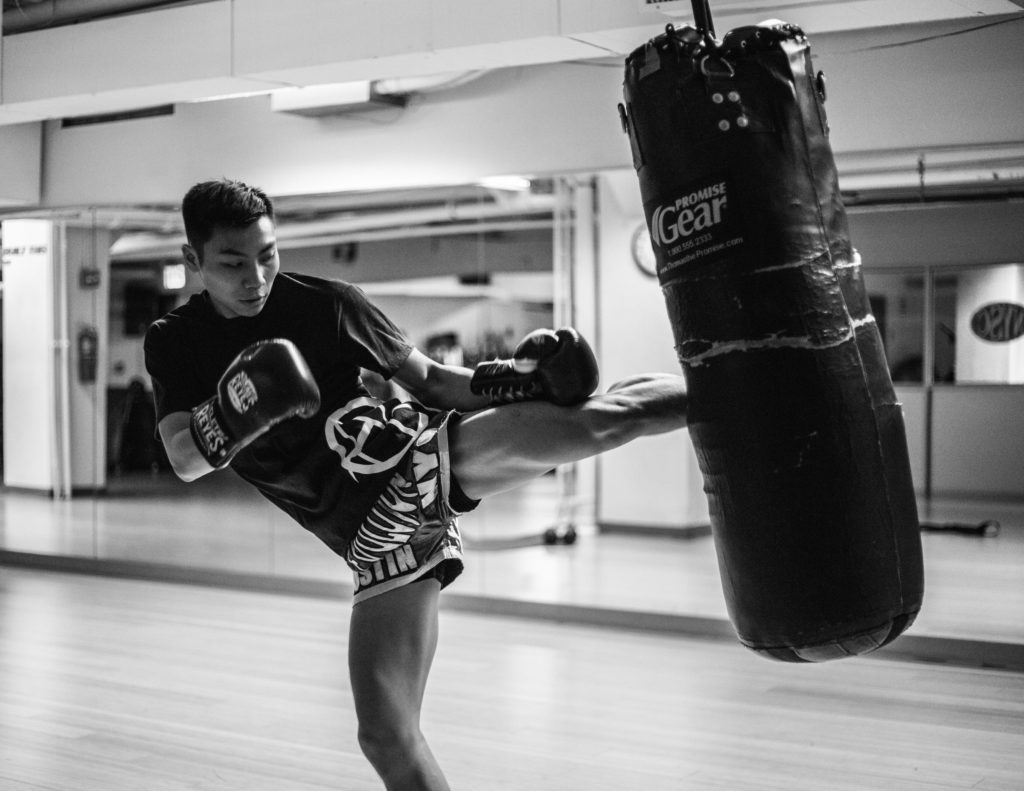
The secret is to explore, then exploit.
By Yvonne Milosevic
Whether you want to become an expert in photography, computer programming, or even MMA, the path toward mastery has certain guideposts in common. Kellogg Insight offers these three tips for anybody looking to become a pro at something new.
Find the Right Kind of Mentor
Everyone needs a Yoda to guide them to greatness. An effective mentor does more than provide career guidance and constructive feedback. They also help the mentee cultivate strengths and identify weaknesses. But above all, your mentor should care about your personal and professional life.

According to researchers, the most impactful mentors teach their proteges to think for themselves. In other words, they don’t try to cultivate “mini-mes.” They also discovered that passing along tacit knowledge—not only specific skills—gives the best results.
We pick up tacit knowledge through personal experience and context. Think of learning a second language. Or, how to ride a bike or play an instrument. Mentorship is most successful when the mentor passes down intuitive forms of knowledge, the researchers found.
“Mentees aren’t just learning concrete skills from their mentors,” explains Brian Uzzi, professor of management and organizations at Kellogg. “They’re also picking up how their mentors come up with research questions, how they brainstorm, how they interact with collaborators, and so on—knowledge that is difficult to codify and often learned by doing.”
Prepare to Pay Your Dues
Grunt work is par for the course when you’re a novice hoping to learn at the knee of an expert. After all, expertise is worth a lot, says Luis Rayo, a professor of strategy at Kellogg. Rayo created a mathematical model to better understand apprenticeship dynamics between novices and experts.
His model predicts a lot of menial work early on in the mentoring relationship in professions where there’s a considerable amount of knowledge to transfer. We see this play out in an array of occupations. For example, many of today’s rockstar chefs started out on the bottom rung of the kitchen hierarchy peeling potatoes all day.
Also, a significant predictor of success is deciding that you’re in it for the long haul. When you make a long-term commitment to becoming an expert in anything, that dedication will fuel your progress.

Explore, Then Exploit
After analyzing millions of works by thousands of artists, directors, and scientists, a Kellogg research team made this fascinating discovery:
“Experts reach their hottest streaks of career success after a period in which they first explore a range of creative options and then exploit a single option, improving over time.”
The researchers cite two different Jacksons that illustrate their findings. Director Peter Jackson dabbled in different film genres before the massive success of The Lord of the Rings fantasy franchise. Likewise, Jackson Pollack explored a variety of artistic styles before landing on his ground-breaking drip technique.

“It has to be the combination of exploration followed by exploitation: experimenting in different areas, learning different domains and approaches, then really hunkering down and developing that body of high-impact work,” explains Jillian Chown, a Kellogg associate professor of management and organization who coauthored the study.
So, explore, learn, grow, and then hone those broad experiences in a specific and original way. Armed with these three Kellogg-recommended strategies, you too can become an expert in whatever area you desire.
Recommended reading:
Where Has the Passion Gone? The Downside of Expertise
Career Zigzagging Generalists Have the Upper Hand


